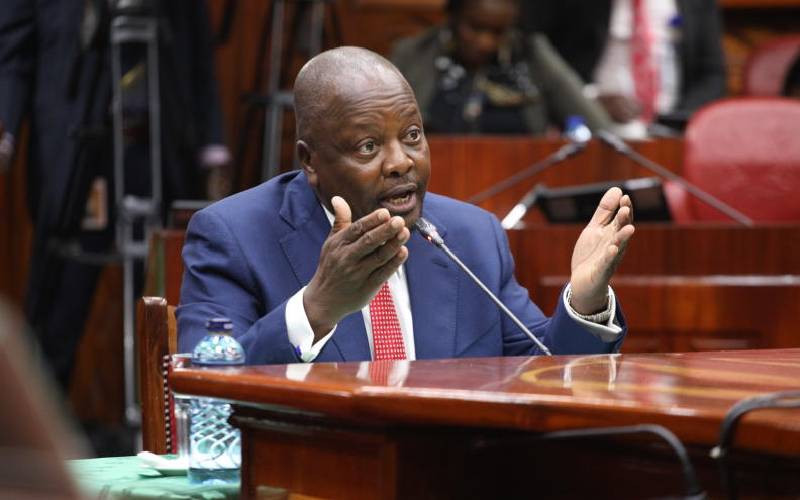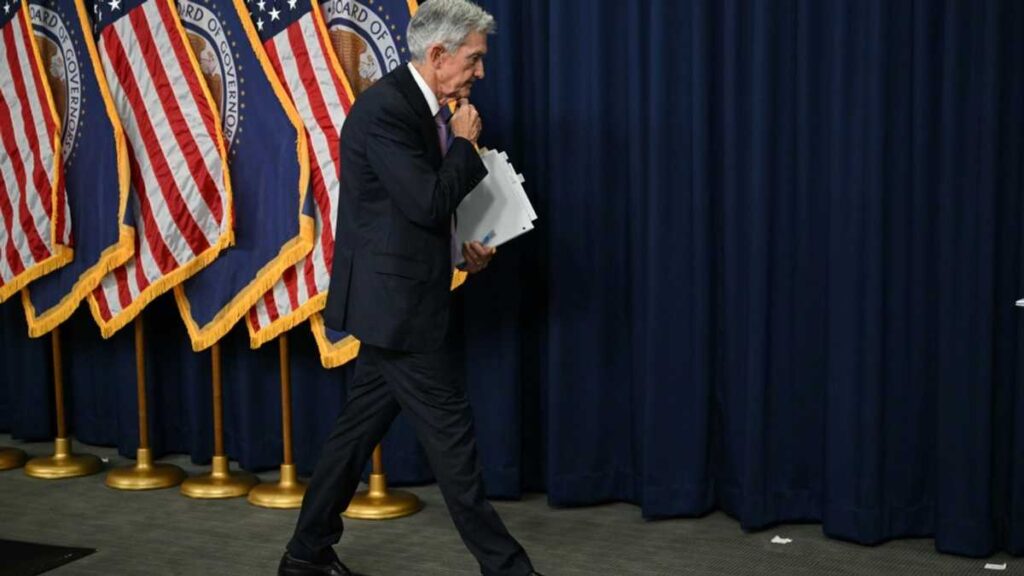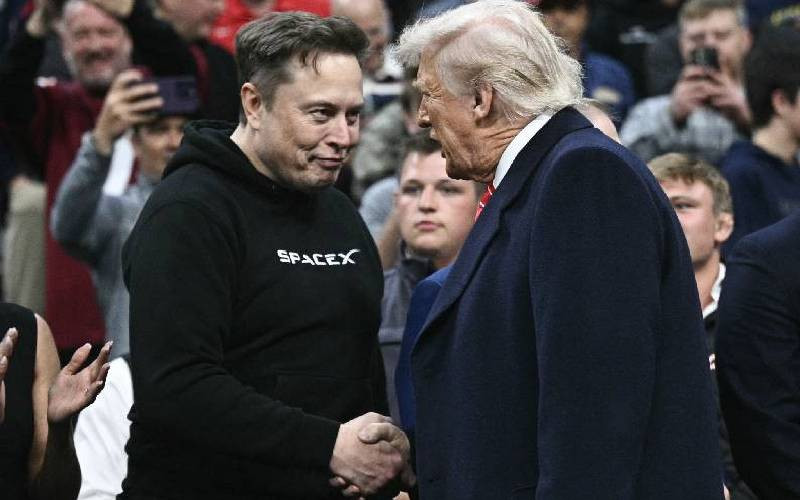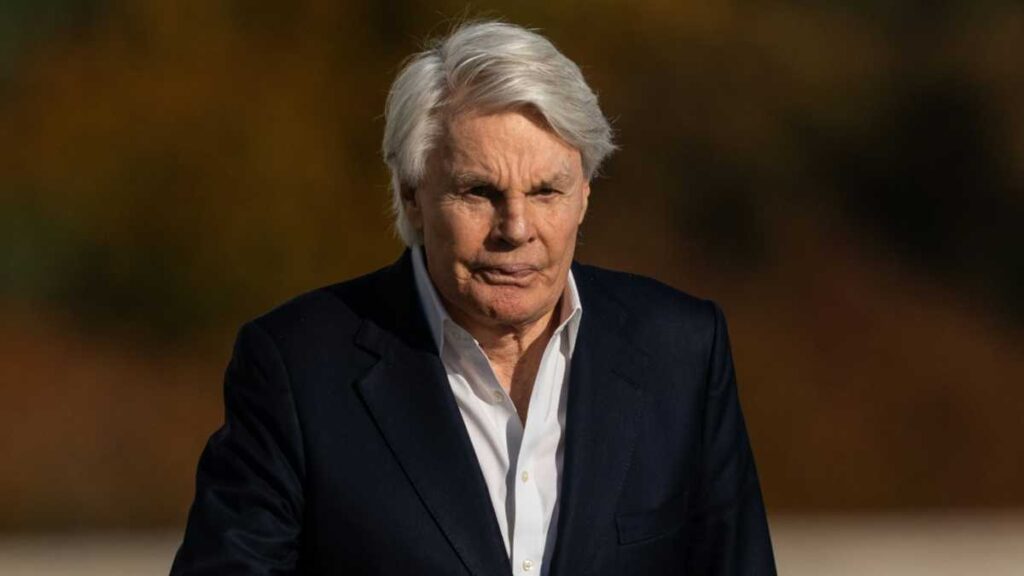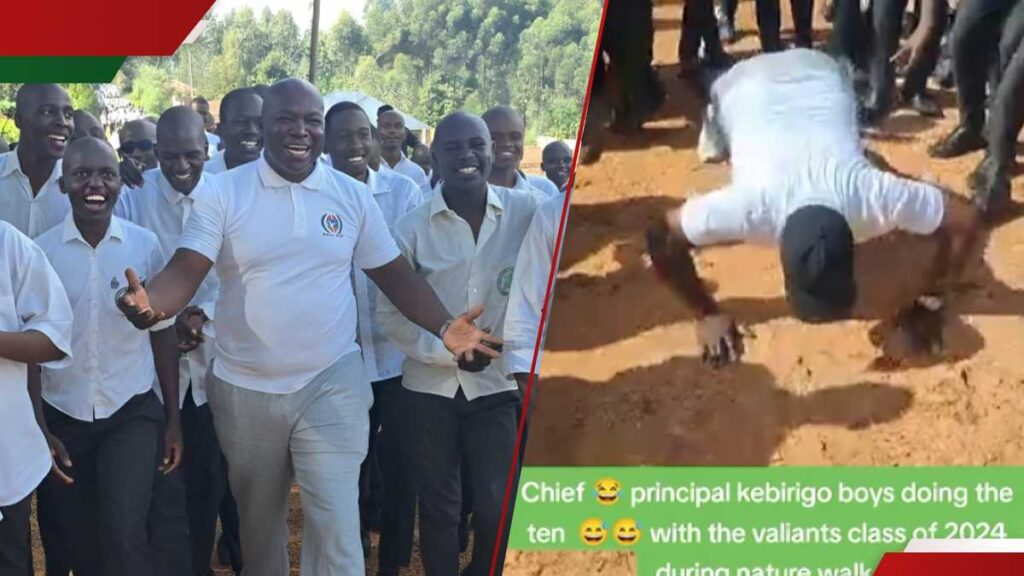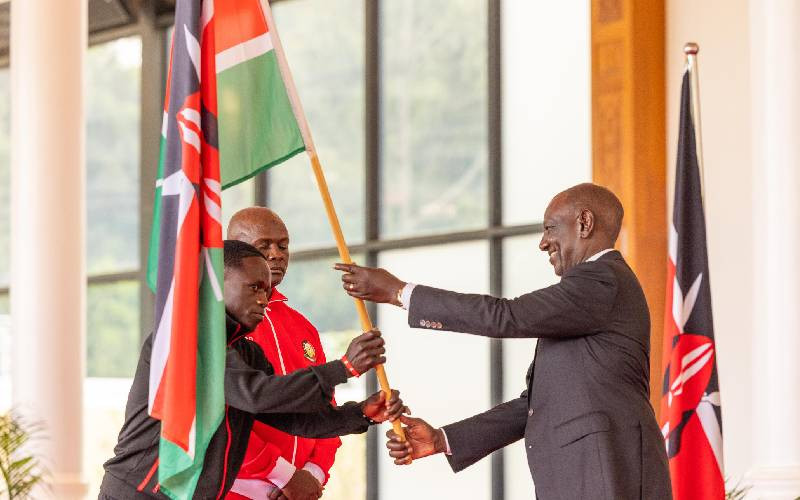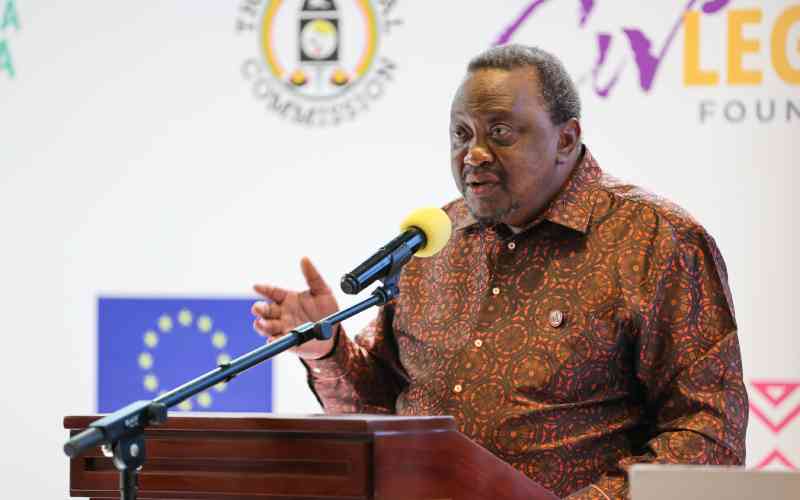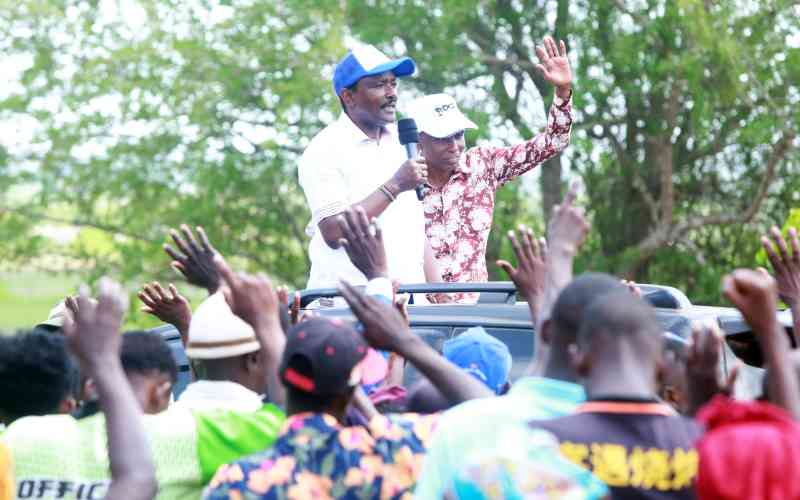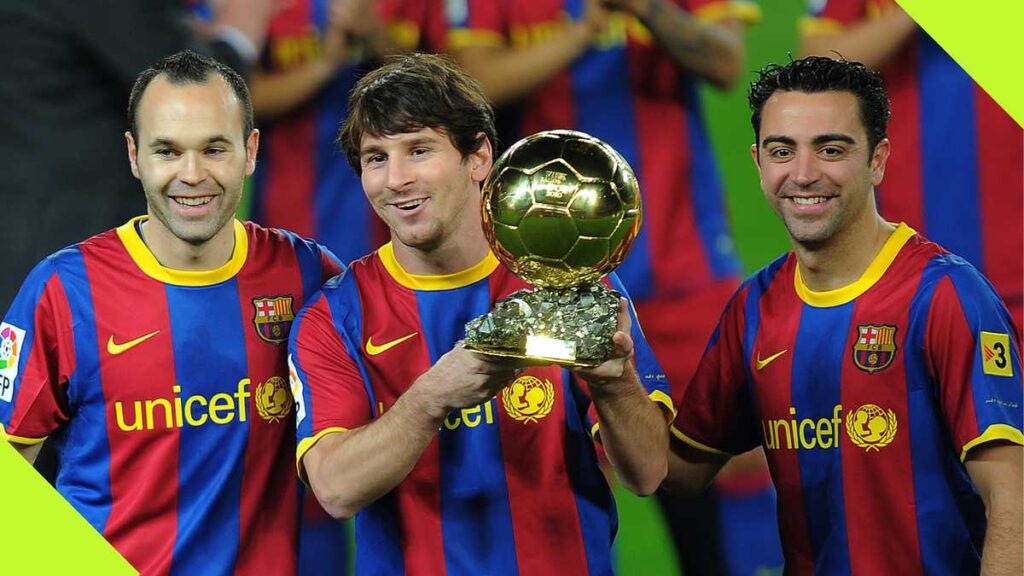The ghosts of skewed expenditure on vaccines by the Ministry of Health during the Covid-19 pandemic, the issuance of fake fertilisers to farmers by the government last year, and the controversy surrounding the ongoing livestock vaccination programme returned yesterday to confront Agriculture and Livestock Cabinet Secretary nominee Mutahi Kagwe.
During his vetting, Kagwe appeared before the Speaker Moses Wetang’ula-led National Assembly Committee of Appointments following his nomination by President William Ruto last year. His predecessor, Andrew Karanja, was nominated to the position of Kenya’s ambassador to Brazil.
Kagwe, who served during former President Uhuru Kenyatta’s regime, was questioned over the contested expenditure of billions on personal protective equipment (PPE) and medical equipment at the Ministry of Health at the height of the Covid-19 pandemic in 2020.
Fraud claims
His moment of reckoning came through a question by Belgut MP Nelson Koech, who highlighted financial irregularities allegedly perpetrated during Kagwe’s tenure.
“There are questions of misappropriation and massive theft at that time, particularly at Kemsa. Some cases have been handled by this House, particularly by the Public Accounts Committee; there was a question on the expenditure of Sh2 billion budgeted items in breach of 2015 regulations requiring public officers to act in the government’s interests.
There is also the single sourcing of Covid-19 masks and the acquisition of vaccines. It is believed that you failed to account for the procurement of Sh1.6 billion worth of vaccines, which is still a subject of investigation by this House. What do you have to say?” posed Koech.
Kagwe replied that despite prioritising saving lives, procurement and operations from his ministry at the time were largely above board.
“It was not an appropriate time; a lot of mistakes were made. However, at the time, we were buying PPE at, say, Sh9,000. I challenge anyone to show me where they were being sold at less than that price. Everyone was desperate, and the prices were high. It wasn’t that the Ministry of Health was buying those items at a higher price than the rest of the world; we were buying them at the market prices at that time.
“Everything that happened during that period – the negatives I take responsibility for; the positives I credit to the team that was working at the ministry,” he said.
The former CS also submitted that the issue of vaccine expenditure had been exaggerated, given that 90 per cent of the vaccines used in Kenya were donated by the United States Government, the World Health Organisation, and European governments.
“As for Kemsa, when I say there are cartels out there, it is true. As minister, we carried out a complete re-engineering of Kemsa, including a change of staff and restructuring the organisation. I was also the one who invited the investigative authorities to help us see how we could change the entire structure to perform better in a crisis like that,” he told the committee.
Livestock vaccination
Leader of Minority Junet Mohammed raised the issue of the planned government mass vaccination of livestock across the country, seeking to know Kagwe’s strategy for setting the record straight on the upcoming exercise.
Stay informed. Subscribe to our newsletter
Notably, the government intends to vaccinate around 22 million cattle and 50 million sheep and goats from January 2025 against foot-and-mouth disease. This has, however, been met with public resistance, with allegations of a sinister government motive.
Kagwe said that an improved communication strategy targeting livestock owners would help address the issue.
“The reason for the vaccination process is to address PPR and foot-and-mouth disease. The most important thing is to involve all stakeholders with the information we have to counter the disinformation that has been going around.
“The cows and goats belong to individuals. We will ask if they want their livestock vaccinated, and if they say yes, we vaccinate; if they say no, we don’t. No farmer or herder in their right mind would refuse to protect their herd from diseases. What has been missing is communication with the farmers,” emphasised Kagwe.
Fake fertilisers
When the issue of fake fertilisers arose, Kathiani MP Robert Mbui sought to know whether Kagwe, if approved, would ensure compensation for victimised farmers.
“Will you consider compensating farmers who were supplied with fake fertiliser and lost massively due to it?” asked Mbui.
Kagwe told the committee, if approved, he would work with Parliament to introduce strict penalties for anyone dealing in fake fertiliser.
“On the matter of compensation, I cannot sit here and make commitments. It is something I would need to discuss with officials from the ministry to determine the best course of action,” he said.
In April last year, the Kenya Bureau of Standards (Kebs) confirmed the supply of fake fertiliser to farmers by the National Cereals and Produce Board.
Kebs Managing Director Esther Ngari acknowledged that, although packed in government bags, the fertiliser lacked a seal from the standardisation agency.
“For months, farmers have unknowingly purchased the fake fertiliser. It is substandard and not suitable for sale,” she told Parliament’s Committee on Agriculture, which later issued a public notice advising farmers to be vigilant.
She added that Kebs officials had so far impounded 5,840 bags of the fake fertiliser across the country.








